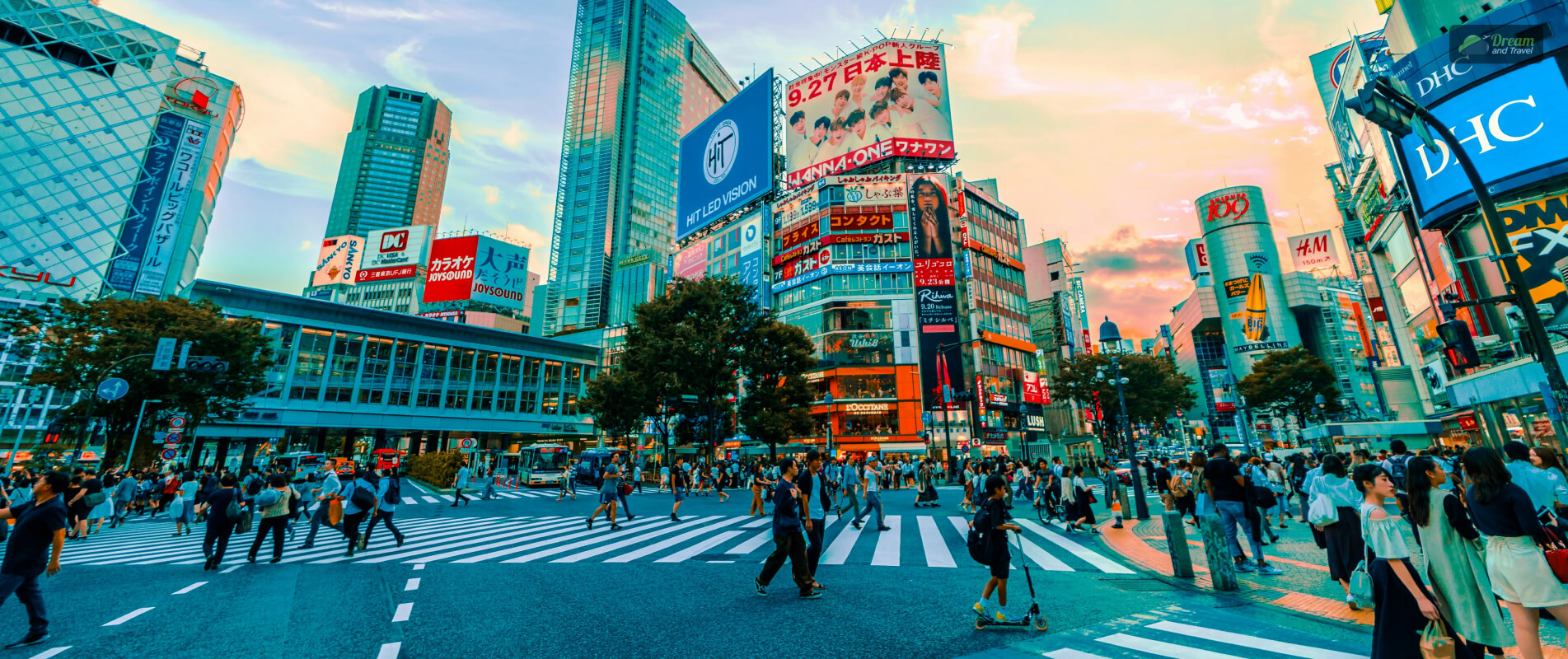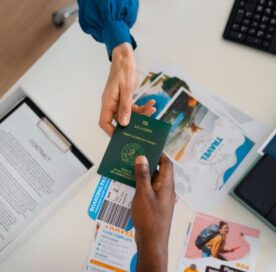My first trip to Japan was remarkable! Except I wish I had not made these mistakes!
Japan is now garnering all the limelight thanks to the frequent visits of political leaders and state heads. PM Modi visited Japan on 29th August 2025, to attend the 15th India-Japan Annual Summit.
Furthermore, US President Donald Trump plans to visit Japan from October 27th to 29th, 2025.
With all eyes set on Japan, this was the perfect time to share my experience of visiting Japan for the first time and the things I wish I had known beforehand.
What Are The Things To Know If You Are First Time In Japan?
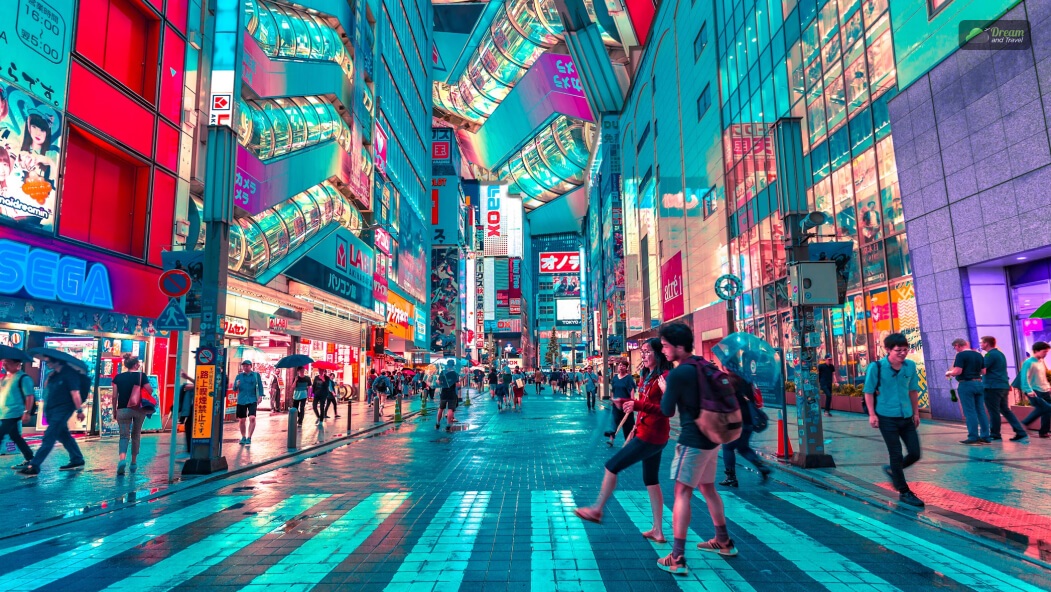
From the busiest Shibuya crossing of Tokyo to the quaint Japanese countryside, the country has made a home in my heart. Furthermore, I visited Japan during the cherry blossom season. So, I witnessed something magical and didn’t know when it would be replicated next.
Nevertheless, despite this beautiful experience, there were some hiccups. From using a Japanese pocket WiFi to the quirks of public transport, a few things demand your attention if you are first time in Japan.
1. Tokyo Is Futuristic. But Cash Is Still The King In Japan
Japan is familiar with digital payment methods. It has robot cafes and vending machines.
Still, in many places, including some corners of Tokyo, you will have to pay in cash. So, carry some Yen. Keep at least 5000-7000 Yen handy for your accommodation, food, and traveling per day on a moderate-budget trip.
Additionally, this is why it is advisable to pay for your accommodation online at the time of booking. Also, you can withdraw cash from the ATMs at the airport. Choose the 7-ELEVEN ones for fast and safe disbursal of cash.
You can even withdraw cash from the ATM at any Konbini or Japanese convenience store. However, each time you use a foreign ATM card, you will have to pay charges. The charges will depend on the amount of your withdrawal.
Moreover, when withdrawing money, you must enter the value you want in Yen. Thus, your bank will perform the conversion from your currency to Yen, and you will get a better rate than the Japanese ATMs.
So, suppose you need to withdraw 5000 Yen. The ATM will give you two options.
- Withdraw 5000 Yen.
- Withdraw the amount equivalent to 5000 Yen in your currency.
You need to choose the first option.
2. Don’t Underestimate Jet Lag
Are you traveling from Europe or the US? Don’t over-plan your first 24 hours. A ramen dinner and an early sleep go a long way.
However, if you do not want to remain cocooned in your room, despite a long flight, you can try some tax-free shopping. The lady at my hotel reception helped me a great deal as I needed some time to unwind before I slept for the day.
Now, Japan imposes a consumption tax on every purchase you make as a tourist. Some stores in Japan does not charge this tax if you make a purchase of around 5000-5500 Yen.
3. Google Translate Will Be Your New Best Friend
From train signs to menus with zero English, Google Translate’s camera mode is magical. Just hover over text and get instant clarity.
However, I should have learned a few basic words and phrases before my trip to Japan. Here are some common phrases and words in Japanese for you.
| Words and Phrases in English | Words in Japanese |
|---|---|
| Yes | Hai |
| Thank You | Arigato gozaimasu |
| No | i-ie |
| Please | Onegaishimasu |
| Good Morning | Ohayou |
| Good Afternoon | Konnichiwa |
| Excuse me | Sumimasen |
4. Pocket WiFi Is Important
I never expected to face WiFi issues in Japan. But I did! In many places, I could not find any Wi-Fi connection. Also, in most cases, airport networks were poor, and activating SIM cards/eSIMs was a headache at times.
Having a Pocket WiFi device saved me!
5. Trains Are Amazing, But They Have Quirks
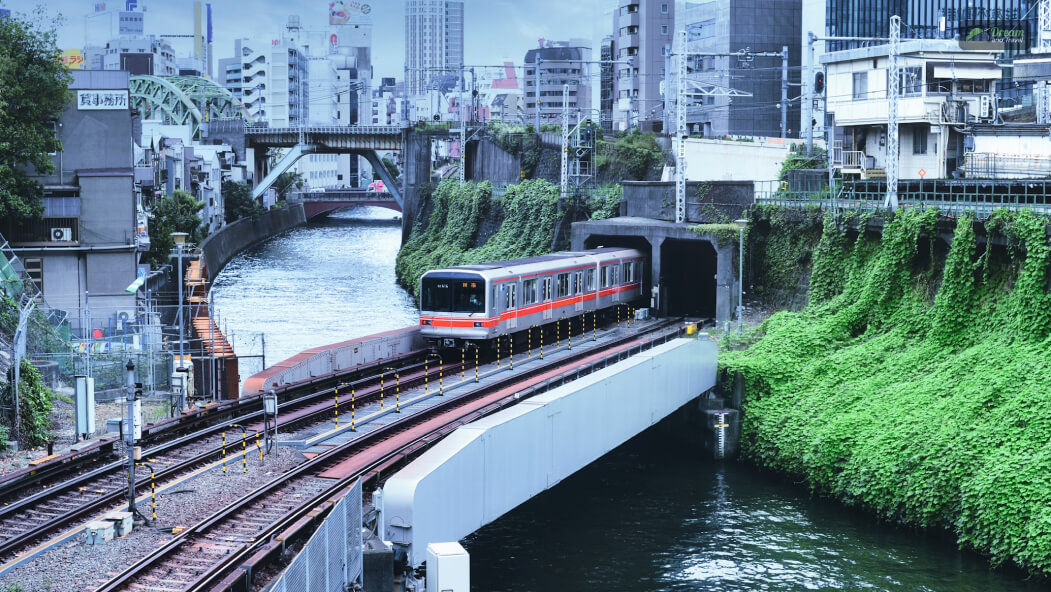
Tokyo’s train system is brilliant but overwhelming at first. Multiple companies, color-coded lines, and split stations mean Google Maps is a must. Always check which exit number to use.
Furthermore, at every major train station and airport in Japan, you will find a Tourist Information Center. You can inquire there about train timings, entries, and exits.
My approach here was very interpersonal, especially when Google Maps seemed confusing.
6. Tipping Is Not A Thing And Can Be Rude
Leave the tips at home. In Japan, good service is expected, and tipping can actually be perceived as confusing or offensive.
Furthermore, Japan believes in the philosophy or spirit of “mutual support” or “Otagaisama.” Therefore, donation or tipping is not a welcome aspect of the societal system.
Also, Japan follows a Fair Compensation policy. So, there is no concept of supplementing low wages with tipping.
7. You Can Buy Almost Anything From A Vending Machine
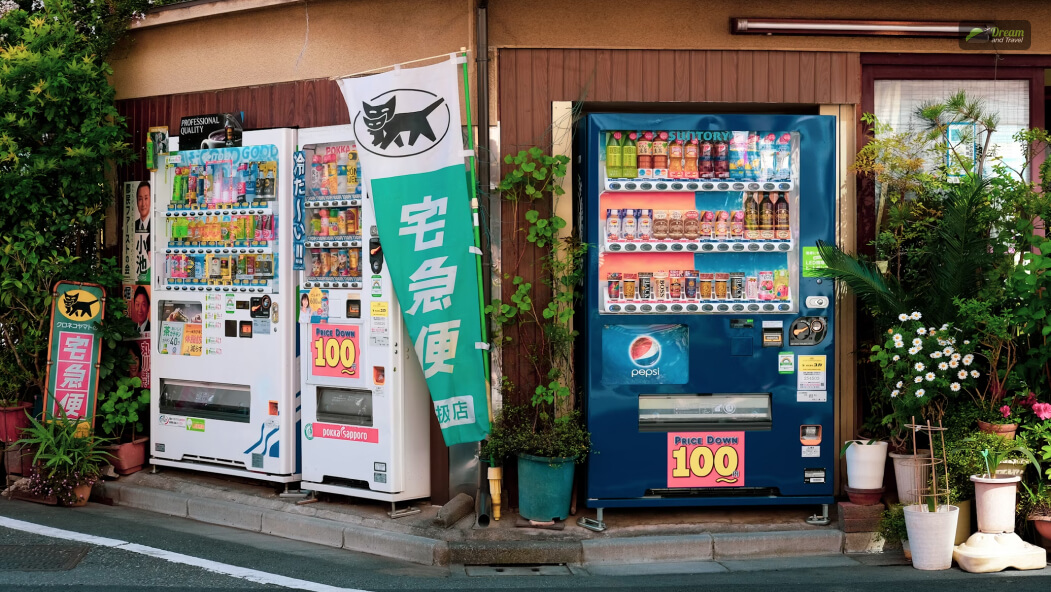
Vending machines in Japan are more than average snack dispensers. They are omnipresent in Japan, and if you have coins, you can buy the following items.
| Types of Items Available at Japanese Vending Machines | Details |
|---|---|
| Fresh Yields | EggsFloral ArrangementsRice Bags |
| Hot Meals | TakoyakiHot RamenCurry RicePre-Made Dishes |
| Daily Goods | UmbrellasBatteriesToilette Papers |
| Clothing | T-ShirtsBusiness Attires |
8. Convenience Stores Are Better Than Restaurants Sometimes
Lawson, FamilyMart, 7-Eleven! These convenience stores are everywhere and offer surprisingly good meals. Their egg sandwiches, bento boxes, and desserts are truly exceptional.
Furthermore, the meals at these convenience stores are accessible at odd hours, and they are more affordable than food items in restaurants.
9. Book Train Passes & Attractions Ahead Of Time
Whether it’s the JR Pass or Ghibli Museum tickets, Japan loves reservations. Book online, and keep QR codes handy (hint: that’s where Pocket WiFi comes in again).
Additionally, Japan secured the third position in the Travel and Tourism Competitive Report by the World Economic Forum (WEF).
Furthermore, with the Japan National Tourism Organization announcing the arrival of 20 million travelers in the first half of 2025, tourism numbers are set to reach new highs.
10. Politeness Isn’t Just Cultural, And It’s Daily Life
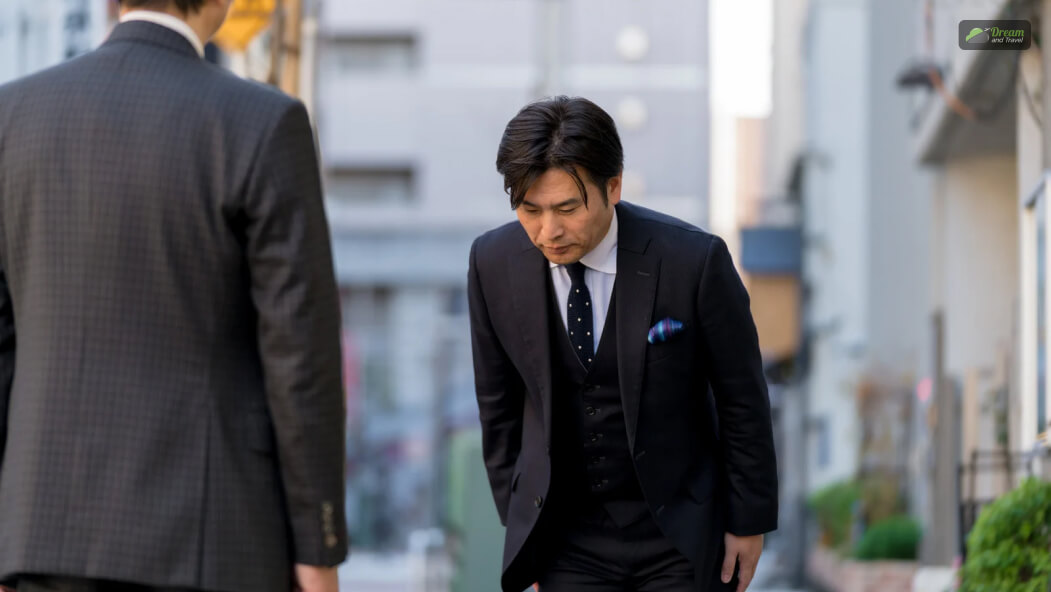
Expect bowing, whisper-level voices on public transport, and pristine public spaces. Follow the lead, and you’ll fit right in.
Furthermore, the politeness in Japanese culture goes beyond the “Sorry” and “Thank You” you will hear frequently. During my first time in Japan, I was amazed to see how organized a queue can be.
Also, selfless parking impressed me. It means that if you are the first one to reach, you are likely to park your car in a faraway place.
Things To Know If You Are First Time In Japan: Frequently Asked Questions (FAQs)
Here are some frequently asked questions and answers about things to know when you are first time in Japan.
Smoking on the streets and leaving garbage on the street are not acceptable in Japan. You have to stick to the dedicated smoking zones.
Furthermore, when you are visiting any public park or space in Japan, you need to carry a bag and bring the waste back home for disposal. Japanese streets and roads have very few trash cans. So, you have to be particular about the waste disposal.
Are you traveling for business, or do you have a Japanese friend to catch up with? Don’t be late, as this is unacceptable in Tokyo.
Similarly, when traveling in public transport, you cannot talk on the phone loudly. You have to follow the same etiquette when you are in an elevator.
Furthermore, when you are inside a restaurant in Tokyo, you must not talk on your mobile phone.
Do you need a good cup of coffee to get over your morning stupor? Japan is a great place to be. Manual brewing is a popular method in Japan, and many cafes employ techniques such as pour-over drippers or siphons as their brewing methods.
Furthermore, coffees in Japan are known for their mild flavors and tastes.
Red is a lucky color in Japan. On the national flag, the circle filled with red color symbolizes the rising Sun.
On the other hand, red stands for the imperial nation.
It does not matter how busy you are. In Japan, eating or drinking while walking is a big NO.
Furthermore, Japan does not have many trash cans on the road. So, this unspoken rule is also important to keep the streets clean.
